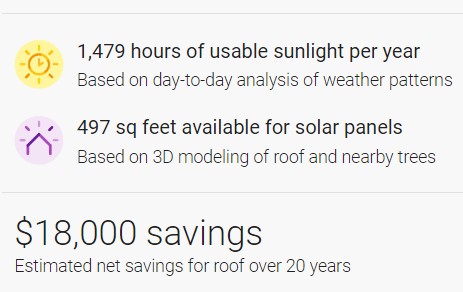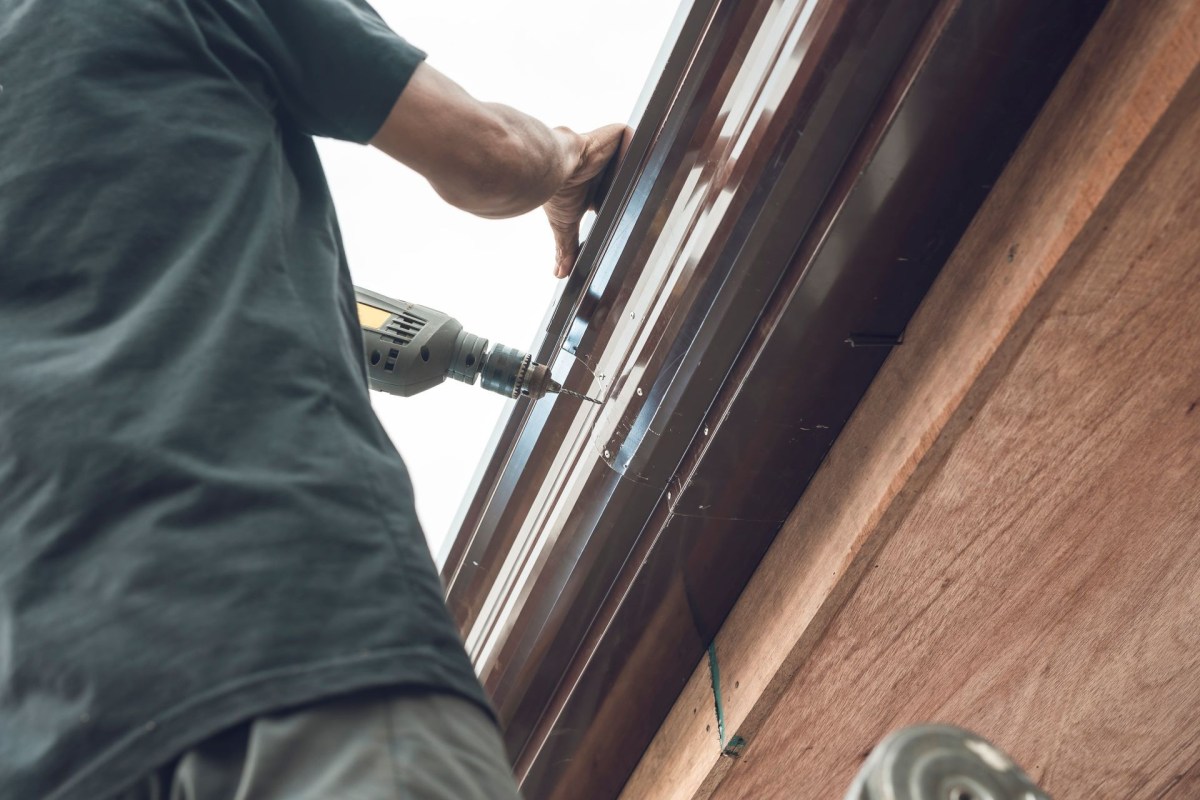Solar panels are increasingly becoming a popular home renovation as homeowners look for ways to reduce their energy bills and do their part for the environment.
But before you make the leap, you may need to have some questions answered. How much value do solar panels add to my home? How long do they last? Are they covered by insurance?
Like any other major home renovation or investment, understanding the benefits of solar is crucial.
The benefits of rooftop solar
As the price of clean energy like solar power continues to plummet drastically, more and more people are using rooftop panels to increase their home's property value.
Solar panels have been shown to increase the value of your home. Studies have found that homes with solar panels can sell for about 4.1% more than homes without solar panels.
And for every dollar a homeowner saves on energy bills thanks to their solar panels, the value of their house increases by about $20. This means that if your panels save you $600 every year in energy costs, it would increase the value of your home by more than $12,000.
Additionally, Zillow found that about two in three homebuyers call a home's energy efficiency either very or extremely important.
Home solar systems also generally last between 25 and 30 years. However, it is important to note that the lifespan of solar panels can be affected by weather conditions, the quality of the installation, and the type of solar panel used.
And because many home insurance packages include coverage for solar panels, they'll be protected for decades. However, it is crucial to check with your insurance provider to see if they offer coverage before making the investment.
The main downside of getting solar panels
The main downside of solar panels is the cost. Solar panels can be expensive to install and maintain.
According to Forbes, home solar panels cost $16,000 on average and take about six to 10 years before the investment becomes financially beneficial.
But thanks to the Inflation Reduction Act, you can get up to 30% tax credits for installing panels, meaning it'll take fewer than these six to 10 years to see the fruits of your environmentally-friendly investment.
How to calculate what's right for you
Now it's time to put all that into practice with your own home. There are some handy resources like EcoWatch that provide a solar calculator factoring variables like home type, shade level, electricity provider, and roof age, but an even cooler option is Google's Project Sunroof.
With Project Sunroof, you can find your own roof on Google Maps and generate a specific (albeit somewhat rough) calculation of your actual roof's suitability to solar, while also being able to personalize your results by inputting your electricity bill. It can then spit out a projected savings total.

Clearly, solar panels can add value to your home, but it is important to understand the potential risks associated with solar panels before making the decision to install them.
With the right research and preparation, you can make an informed decision about whether or not solar panels are right for you.
Join our free newsletter for easy tips to save more, waste less, and help yourself while helping the planet.









